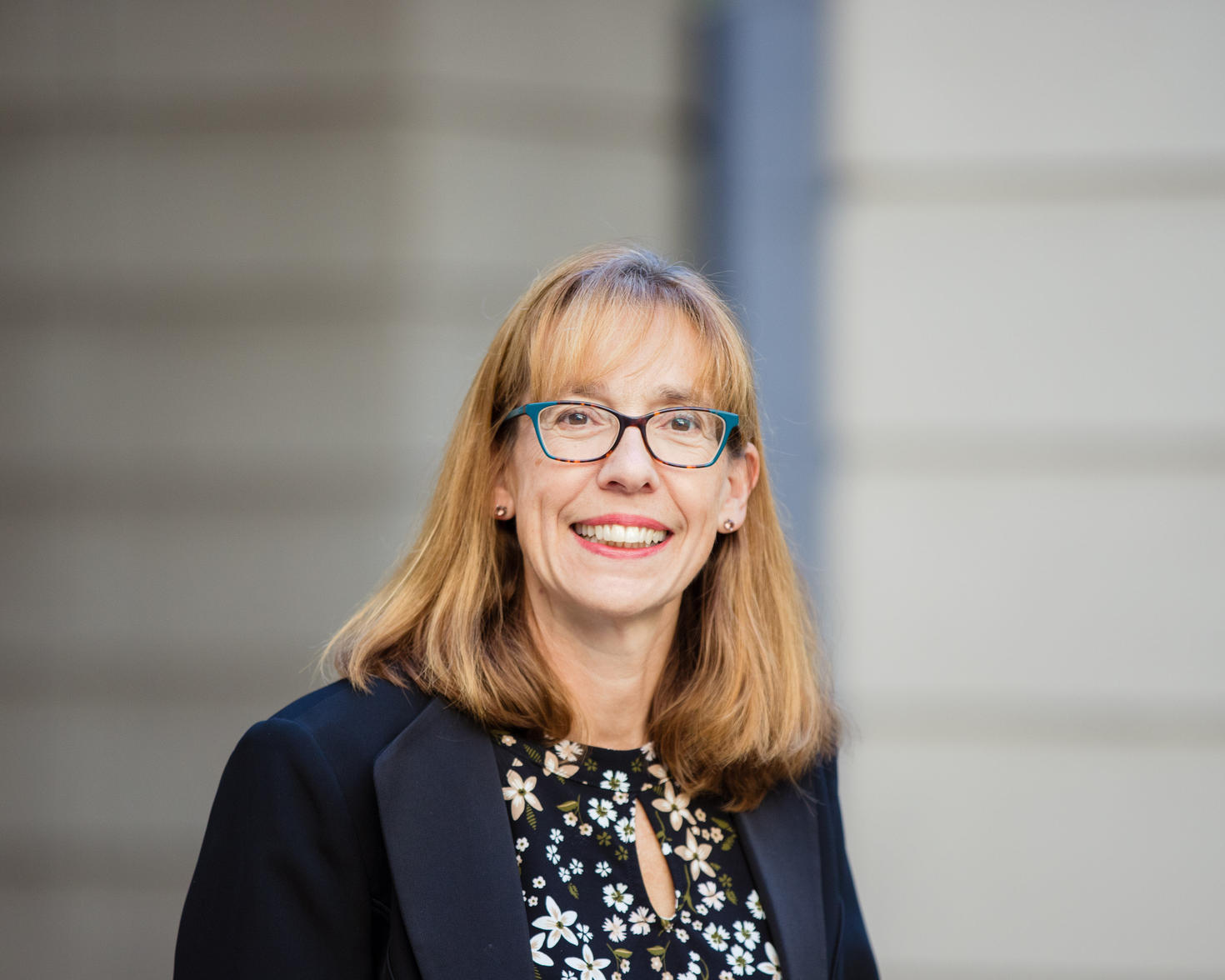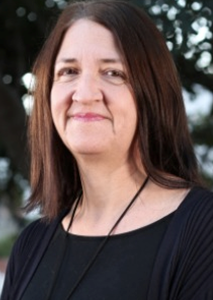L’écriture en français travaillée par le numérique : questionnements émergents et enjeux didactiques (in french only)
May 16, 2024 — 8:30 a.m. to 4:30 p.m.

Abstract
Artificial intelligence tools — including those used in machine translation, such as DeepL, and in conversational AI, such as ChatGPT — are being used increasingly by language learners to do their assignments, even if they are rarely used by teachers. However, use of these digital tools raises many pedagogical issues at each step of text production in one’s native, second or additional language, from idea generation to textual revision (Wang & Wen, 2002). New digital literacies are emerging (Lacelle et al., 2017), making multimodality central to the process and requiring that novice writers have new competencies. At the same time, emerging methodologies in applied linguistics (Hamel & Séror, 2016; Yi et al., 2022) offer new insight into certain aspects of the writing, translation, interaction and creation processes. Finally, pedagogical issues related to the development and assessment of these digital literacies (Dupuy, 2023) have become a central concern, while teachers remain reluctant to use these tools in the classroom (Grassin & Guichon, 2019).

Marie-Josée Hamel
University of Ottawa
Marie-Josée Hamel is a full professor at uOttawa’s Official Languages and Bilingualism Institute (OLBI). She heads the Interdisciplinary Research Group in Languages and Technology (GRILT). Hamel is interested in language technologies, ergonomic language learning interfaces, blended language teaching and learning (in person and distance) and digital literacy development for language teaching and learning.

Mackenzie Lugli
University of Ottawa
Mackenzie Lugli is an undergraduate second language teaching student at the University of Ottawa. She has worked closely with Marie-Josée Hamel to create real-life-based tasks to promote digital citizenship. In May 2023, at the University of Guelph, Lugli presented her idea of creating francophone communities through the Discord application.

Nicolas Guichon
Université du Québec à Montréal
Nicolas Guichon is a second language teaching professor at the Université du Québec à Montréal. His areas of expertise include technology-mediated language learning, adoption of digital technology by teachers as well as students, and multimodal interactions.

Catherine Caws
University of Victoria
Catherine Caws is a professor of French and linguistics at the University of Victoria. Her research looks at computer-assisted language learning (CALL), learner-computer interactions and data-driven learning.

Béatrice C. Dupuy
University of Arizona
Béatrice C. Dupuy is a professor of French and linguistics at the University of Arizona. Her research focuses on language teacher professional development, literacy-based approaches to teaching and learning, and experiential learning as a theoretical and practical framework for language education in home and study-abroad contexts.